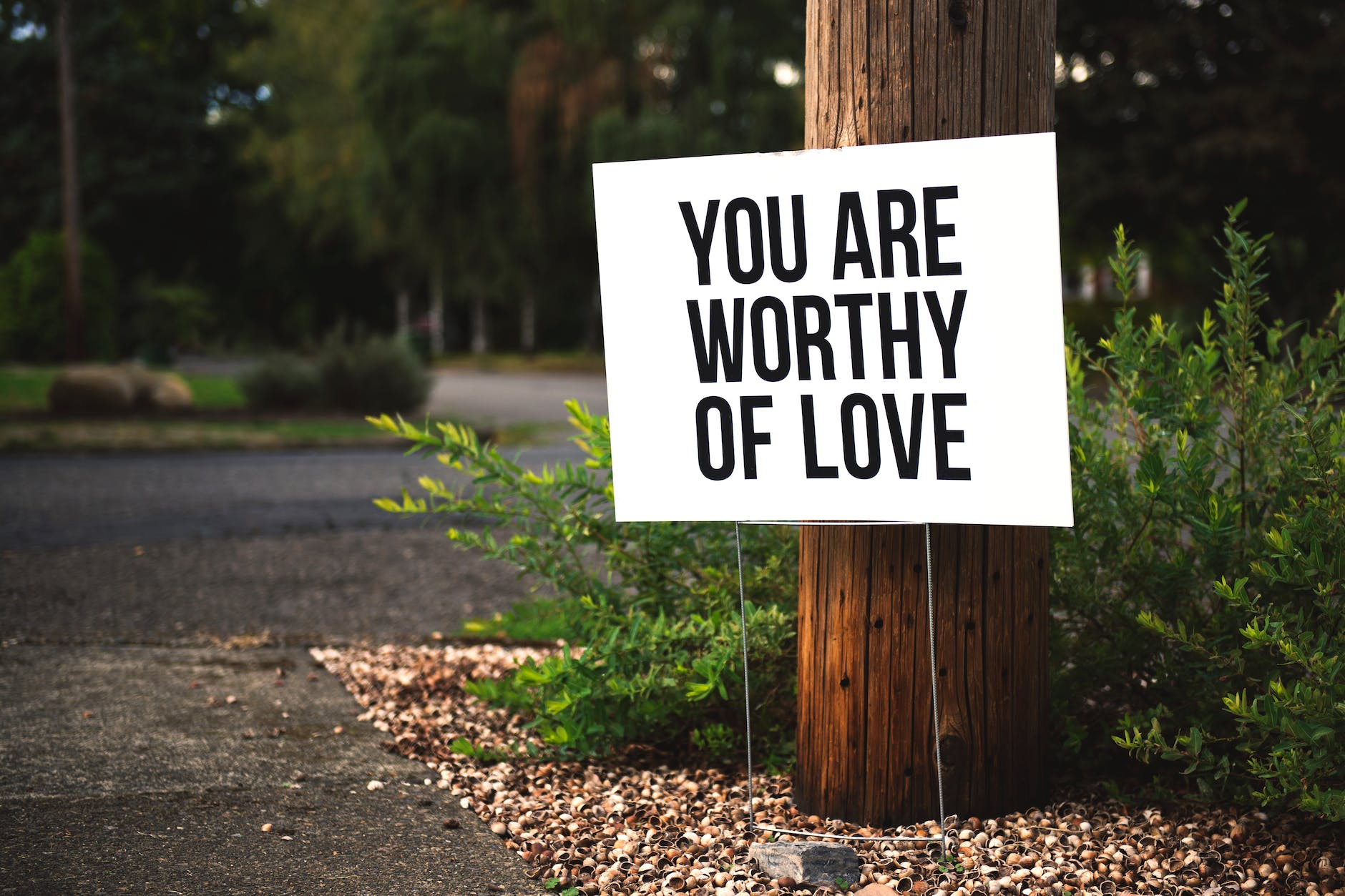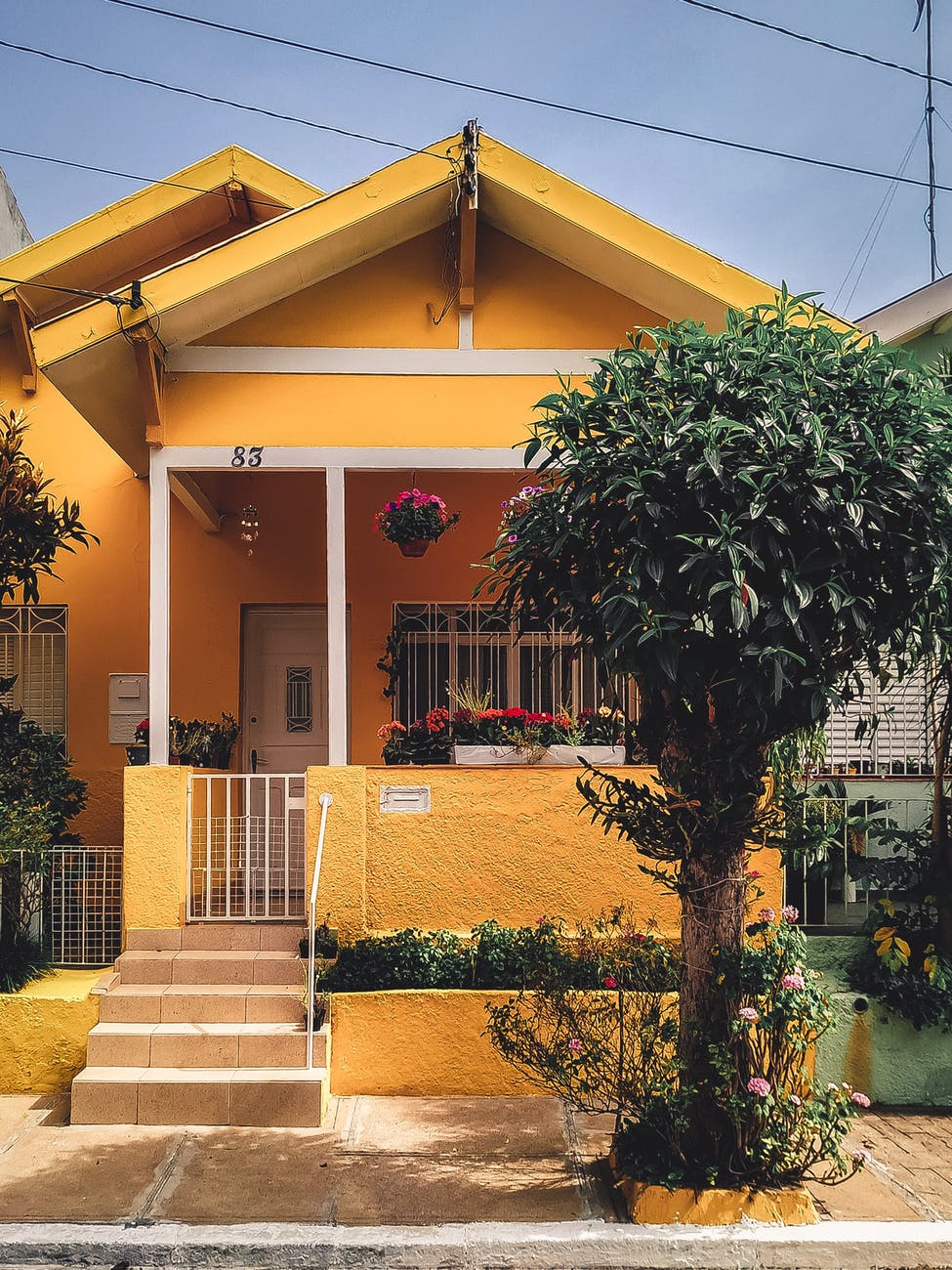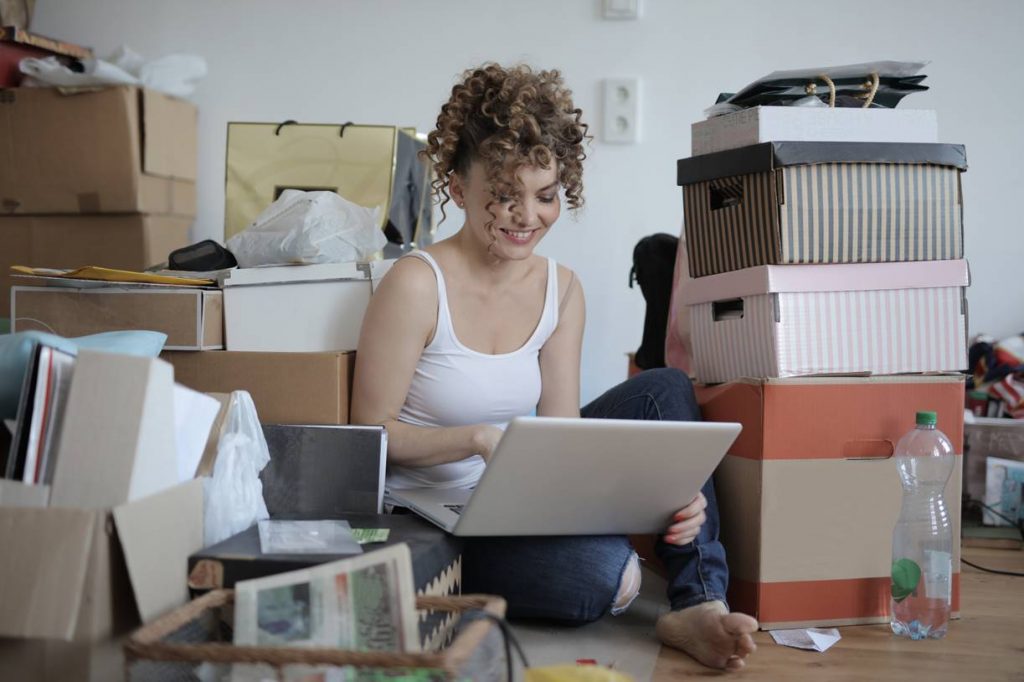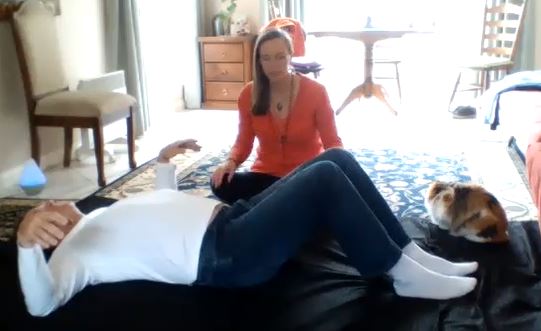Recently I’ve been having more memories of sexual abuse arise. As I comfort my younger selves and release the buried trauma and emotion I found myself asking this question and channelling this answer. I hope it is useful to those who have experienced abuse and are finding their way through it. Many blessings to all, Jodi-Anne
When you have been sexually abused your body becomes numb, armoured, and protected so that you don’t feel the full impact of the abuse or what happened afterwards. As you heal you start to soften the defences and open back up to love, touch, closeness, and intimacy. For some this is too scary, so they stay celibate, not able to trust another to treat them right.
Some stay in the pain and continue to let themselves be touched in ways that are not beneficial. They let themselves be used by others for the momentary feeling of being wanted, loved, and special, only to find that once the act is over the other leaves them feeling even more alone, abandoned, used and discarded.
It is a hard path to navigate. It is hard on your body that gets armoured with each impact, each indiscretion, and each choice. It is not empowering to sleep around thinking you have the choice and freedom to do as you please. Seducing others so you feel powerful just leads you to despise them and yourself. For at a later stage you will regret your choices and your naivete. You will feel the emptiness and neediness that was underneath your actions. Even though you were voluntarily engaging with others sexually, it is still a form of self-neglect and self-abuse.
The healing comes when you start to honour yourself more fully. When you start to say “No, I am going to look after myself. I don’t need anyone else to give me false affection. I am going to meet my needs. I am going to honour my body and all it has been through. I am going to treat myself like the precious being that I am. I am going to hold my own hand and look after myself. I will love, cherish and honour the innocence inside me, which is still there, still pure, no matter what I’ve been through. I am still a beautiful bright light. I’ve just been covered in dust. I am going to cleanse my lens and shine.”

No need for shame, guilt, punishment, rejection or further loss. You are worthy of great love, kindness, care and joy. When children are exposed to sexuality too early they don’t realise their bodies are sacred. They don’t realise they are precious and only to be touched by loving hands at the right time when they are older. They simply don’t have the information or adult reasoning capacity to make wise choices.
The physical sensation of pleasure is tempting. The choice to have closeness and feel special is attractive. It draws them in, especially if they are not receiving healthy levels of love and affection from their parents, leaving them needy, hungry, longing for connection, susceptible and vulnerable to abuse.
Children are so innocent, so pure. Even those that appear a little naughty or rebellious. They are just learning what it is like to be human, how to deal with all the emotions that arise in their bodies and little brains.
They need healthy adults to guide them and protect them from inappropriate activities. If these adults are not around or not paying enough attention then the child may find itself in less-than-ideal situations. It is not the child’s fault. The child is still innocent, even if their curiosity led them down a destructive path. They just needed more guidance and protection from the adults around them.
Parents need more support, guidance and help. Parenting is a hard job. It is a job, a full-time job, and now that it is common in society for both parents to be working, and for children to be put into daycare more often, the children are made susceptible to inappropriate tactics of other immature, wounded adults.
Children’s emotional needs for safety, feeling loved, seen and heard do not get met if parents are always rushing, tired and exhausted. Their needs don’t get met if parents aren’t available to play and be with them, to sit and hold them in nurturing and healthy ways. If they don’t get their needs met then they are put at risk, as they will be looking for that love, that closeness and connection from others who they encounter.
Our society is not set up for parents to be successful. It is set up now for parents to be drained, stressed, exhausted and depressed or angry, as they know life can be easier and more enjoyable.
Many parents struggle with putting their children in care for long hours each work day, but they feel they have no choice when they need the income to provide a home and a lifestyle of success and wealth.
Children do not care about wealth. They care about you and their connection with you, with how close they feel to you, of whether they feel wanted or not, or a burden to you. They sense your disappointment with life if that is your situation. They sense your emotional pain and distress. They try to help fix it so you can be available to love them more. They want you to feel good so you can give to them. So they sacrifice their needs and start asking for less, expecting less from you. They may help out around the house more or just play on their own.
They may disconnect from you and connect with others whose time and attention they can get. This leads to unhealthy patterns where a child may start seeing the most popular kids at childcare or school as their role models, their leaders or pseudo-parents. They start to copy them and take their lead as to how to dress, behave and what to do. They become followers of others in the hope to belong and be accepted, to receive praise and love from others.
They no longer look to their parents for that role modelling. They no longer care as much about winning their parents’ approval, so they don’t care so much when you tell them off or discipline them. They feel “You don’t care about what I wanted so why should I care about what you want or need”. They rebel from younger and younger ages. This is documented in Gabor Mate’s book ‘Hold onto your kids: why parents need to matter more than peers.‘ It is a brilliant book for parents to read and it includes guidance about how to win back your children’s hearts and minds so that they do feel close to you, listen to you, and see you as their role model for life guidance.
The focus of society on wealth at all costs has serious consequences for all of us. Our children suffer. Our health suffers. Our joy suffers.
If you are an adult survivor of child abuse, know that your parents did for you what they could with the awareness, emotional pain and life challenges they had. You can heal and break free from the pain of the past. You can reclaim your innocence, your purity, your light and your joy. It just takes time. Time to heal, to feel what has been buried inside, to mourn what was, to feel and release anger, disappointment, resentment, despair and rage, to move through depression and numbness, to open back up to lightness, to feeling sensation in your body and dropping back inside of it, to inhabit it instead of being dissociated or stuck mostly in your mind or your base instincts/survival mode.
It’s a big journey to come home to your heart and honour the beautiful child that you were, to love, honour and protect that child so it feels safe inside you and relaxes to play again, to enjoy life again, freeing you to move forward now from a place of wholeness, not emptiness. Honouring yourself, and being there for yourself and your children. This is how we reset the moral compass. We choose love and safety, fullness and flow as our guiding lights, instead of fear, emptiness and neediness. Meet your own needs so you can venture forth with excitement, joy and passion for life.
May you find your way through any darkness and rough terrain as easily as possible, so you can enjoy the sunshine and the rain, all of life’s phases and challenges. They all become easier when we are facing them from a full cup, from a nurtured and satisfied place of self-love and self-acceptance. You are important. You do belong. And you are wanted. Welcome home to your heart. Blessed BE.
P.S. There is a range of free resources on my website that may be of assistance to you with your healing journey.



